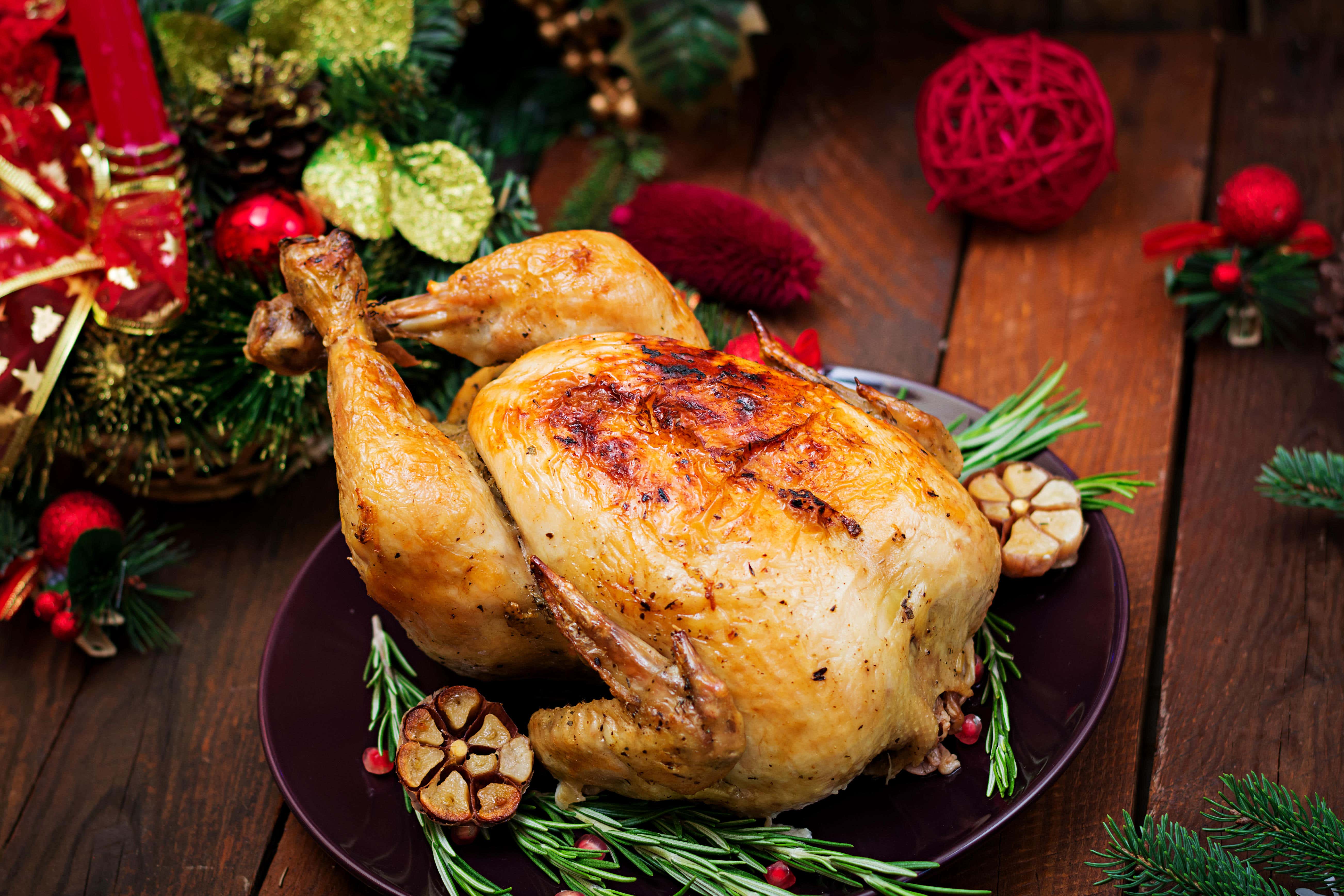
With Christmas almost upon us, many households are having to cut back on seasonal expenditure in response to the cost of living crisis.
A survey of 2,772 members of the public by the charity Oxfam in late November found that 35 per cent of shoppers said they were planning to cut back this year, citing the economic turmoil, spiralling energy bills and debt fears as reasons behind their pivot towards thriftiness.
Average spending per person is expected to fall from £485 to £259, the research found, while 74 per cent of respondents agreed that giving and receiving meaningful presents was more important than how much you spend.
Another poll of 2,900 people by the high street bank HSBC looked at the specific ways in which people said they would be reining in their spending, with 20 per cent saying they expected to have their Christmas lights switched on for shorter spells this winter and 28 per cent saying they would attend fewer festive gatherings with friends and colleagues than last year.
Another 17 per cent said they expected to reduce the amount of travelling they take part in – a decision striking rail workers may now have made for them – while 24 per cent of younger workers said they planned to spend more time in the office to save money on energy bills at home and 45 per cent said they expected to buy and wear warmer clothes when the temperatures drop rather than crank up the radiator.
Touchingly, a third survey by the charity Action for Children reported that one in four parents had been approached by their sons and daughters offering up prized pocket money to help pay for family Christmas expenses.
So, gifts aside, how expensive is hosting Christmas in 2022? We look at the evidence below.
Christmas lunch
The cost of a traditional Christmas dinner for four is up by 9.3 per cent on last year to £31, according to Kantar, despite grocery price inflation dipping slightly for the first time in 21 months at the start of December to 14.6 per cent.
Shoppers are having to spend an extra £60 this December to buy the same items as last year, the analysts found, while sales of mince pies and Christmas puddings were way down at the start of the month as consumers attempted to stagger their purchases in order to try to better balance their budgets.
Fraser McKevitt, Kantar’s head of retail and consumer insight, said the figures revealed shoppers displaying “coping strategies” like pivoting to own-brand products in search of better value.
Assosia, another retail analysis firm, put the cost of serving a festive dinner for five at £30.03 based on current supermarket prices for key ingredients, up 20 per cent from £24.67 in 2021.
While inflation in the aisles is one problem, the cost of actually cooking your turkey, puddings and pies – and washing up after – is another.
According to calculations produced by energy analysts Bionic, an average electric oven uses about 3,000W (Watts) of power, meaning it costs around £1.02 an hour to run or £3.06 over three hours, the approximate amount of time it takes to cook a Christmas roast.

A typical electric hob, essential for brewing up sauces and gravy, meanwhile uses 2,000W at a cost of 68p per hour.
As for dishwashers, an average model uses between 1.2-1.5 kWh (kilowatt hours) per load, although this can vary depending on what model you have, what cycle you set it to and your present energy tariff.
For example, if your dishwasher runs on 1.5 kWh for a one-hour cycle and your energy costs stand at 34p per kWh (the average under the price cap) the calculation would be: 1.5 x 34 = 51p for one load.
You might be able to make savings in this area, however, by using alternative plug-in appliances like an air fryer rather than an oven, cannily organising your schedule to cook multiple dishes in one session or investing in a newer, more energy-efficient units.
Lights
TV money-saving expert Martin Lewis offered some good news on this front when he appeared on Good Morning Britain in late November and said that, so long as you have LED lights, the added cost to your energy bill is negligible, even if you leave them on for six hours a day.
“As long as you’ve got LED lights, a string of 100, which is a pretty decent amount, if you were to have them on for six hours a day for the month, it would cost around 18 pence,” he told Susannah Reid.
That said, Lewis also urged families to only have their lights switched on while they are at home and not to leave them running all day while everyone is out at work or school.

LED lights have a much lower wattage than incandescent bulbs so use less energy, typically 25 per cent.
To calculate the cost of having them on, first find the wattage and divide it by 1,000 to convert to kWh.
If you have 5W lights, they will be running at 0.005 kWh, which, if placed on your Christmas tree and run for three hours, will amount to 0.015kW of power used.
At 34p per kWh, having your Christmas lights on for three hours will ultimately cost you 51p, a fact worth bearing in mind and which might lead some to think more strategically about when they have their lights and for how long.
TV
As with the dishwasher advice above, how much watching telly over the Christmas period contributes to your energy bills depends on the size and model of the screen in question
All TVs have an energy-efficiency label on them, stating the model’s power usage in kWh so, to find the running cost per hour, simply multiply that kWh figure by the cost of your energy per kWh.
According to Ofcom’s statistics for 2021, Britons spend an average of five hours a day in front of the TV, amounting to 35 hours per week.
Therefore, if we divide a 60W TV by 1,000, we get a figure of 0.06kWh, which, multiplied by that 34p estimate again, gives an hourly cost of £2.04.
If you are watching TV at the average national rate of 35 hours per week, your TV is costing you £71.40 every week.
Heating
How much you spend on heating your house over Christmas also depends on a large number of variables, including the type of system you have installed, the size of your property and how well insulated it is.

Gas central heating systems are most common and, according to Checkatrade, a 24 kW gas boiler costs £2.76 an hour to run on mains gas.
You can find more tips on domestic energy-saving tips for winter 2022 here but headline strategies for keeping your bills low include using a smart meter to monitor energy use, micromanaging your radiators and turning them off in rooms you are not using, turning your thermostat down by at least one degree, investing in thick curtains and draft excluders to trap warm air in and consider installing a heat pump to reduce your boiler usage.
All of which means there is plenty you can do to cut costs this Christmas but perhaps the most important step you can take is to be conscious of your domestic energy usage and act accordingly to cut out unnecessary waste.
Without taking care, you could easily find you have spent over £100 over the course of Christmas Eve, Christmas Day and Boxing Day using domestic appliances alone, according to Bionic, basing its calculation on using an oven for three hours a day, having the dishwasher on once a day, running Christmas lights for five hours per day, watching five hours of TV a day and using a costly portable heater for at least two hours a day.







